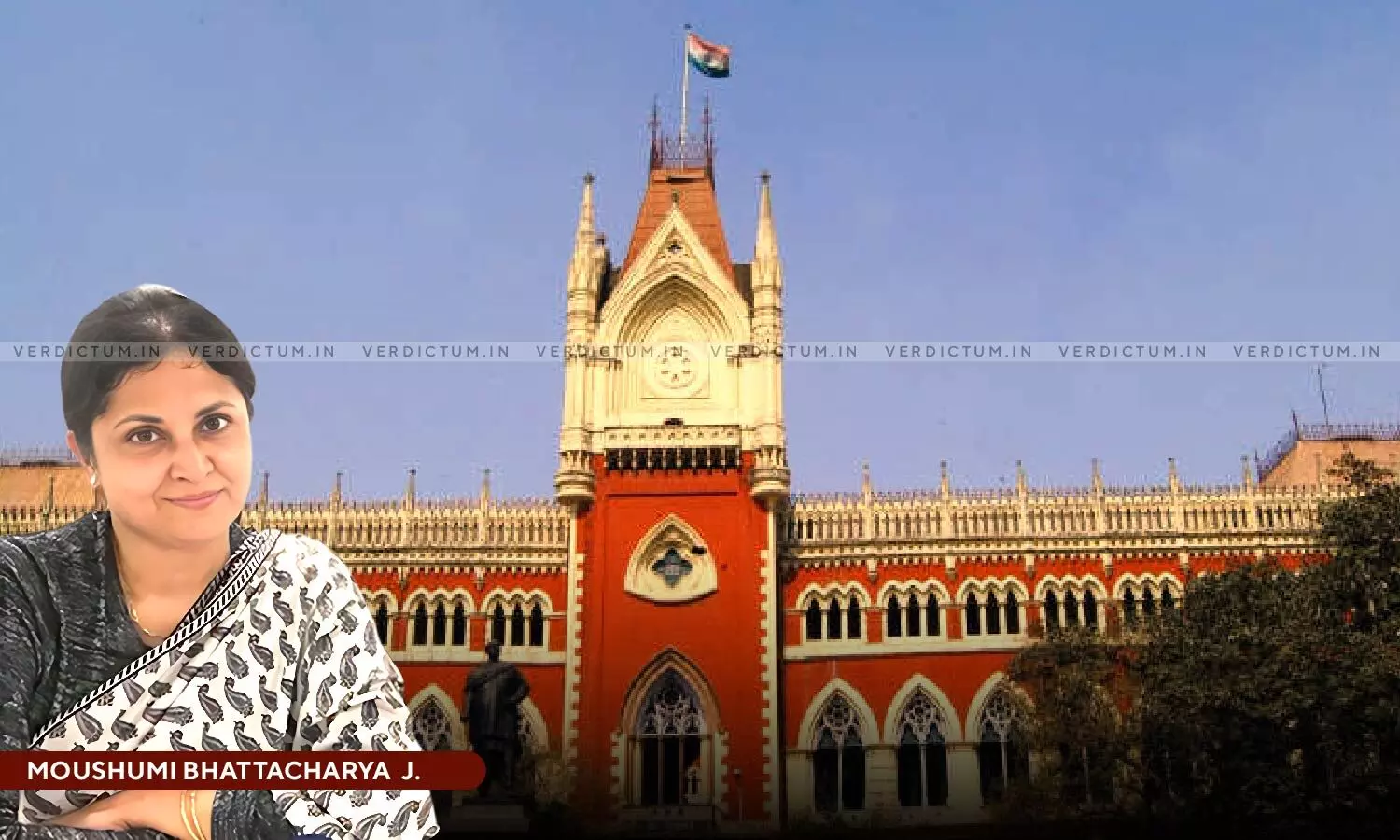
Decretal Amount Being ‘Judgment-Debt’ Must Be Paid In Its Entirety To Decree-Holder And No TDS Can Be Deducted: Calcutta HC
 |
|While delivering a judgment in favour of Neo Built Corporation (award-holder) in a dispute with the Union of India/Metro Railway (award-debtor), the Calcutta High Court directed the award-debtor to make the payment of the balance amount of Rs. 38,98,848 to the award-holder, holding that no amount can be deducted as tax at source from the decretal sum.
The issue arose when the award-holder received only Rs. 3.5 crores instead of the recorded amount of Rs. 3.88 crores. The award-debtor had deducted TDS on the payment, which was challenged by the award-holder. The counsel for the award-debtor produced a Sanction Memorandum and a memo from the Railway Board, Ministry of Railways, citing the ‘Arbitration Award’ which provided for a corresponding deduction of 10% under Section 194A of the Income Tax Act.
Referring to the decision of All India Reporter Ltd. vs. Ramchandra D. Datar [AIR 1961 SC 943], a Single Judge Bench of Justice Moushumi Bhattacharya reiterated that “the decretal amount is a “judgment-debt” and must be paid in its entirety to the decree-holder. No amount can be deducted as tax at source from the decretal sum and the judgment-debtor is not entitled to pay only the balance amount to the decree-holder”.
Advocate Mainak Bose appeared for the Petitioner, whereas Advocate Aparna Banerjee appeared for the Respondent.
After considering the submission, the Bench referred to the case of All India Reporter Ltd. vs. Ramchandra D. Datar, wherein the Supreme Court had held that a judgment-debtor cannot satisfy a third party's claim against the judgment-creditor and pay only the balance to the latter without a specific direction in the decree.
The Apex Court in the said case also noted that the Income Tax Act does not permit the debtor to deduct income tax, which may become due and payable to the judgment-creditor, added the Bench.
Therefore, based on the precedents, the High Court held that the decretal amount should be paid in its entirety to the award-holder as it constituted a ‘judgment debt’.
The deduction of 10% as TDS by the award-debtor and the reliance on the 2008 notification were held to be contrary to the settled position of the law.
Cause Title: Neo Built Corporation v. Union of India
Click here to read/download the Order